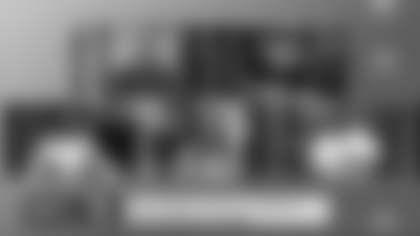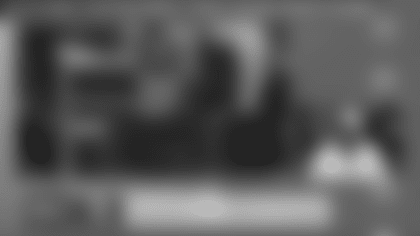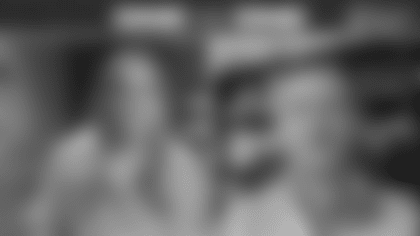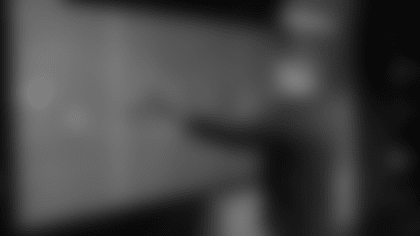The crook in his back was just one obstacle Navy Cmdr. Brian Danielson encountered when trying to stand as straight and still as he possibly could.
As the Naval Aviator from Kenyon, Minnesota, stood guard at a seat in U.S. Bank Stadium that is dedicated to service members who have been Prisoners of War and/or are still Missing in Action, more than 66,000 Vikings fans stood and cheered.
Cmdr. Danielson joined service members who are accustomed to standing guard silently and solemnly at the seat last Sunday as part of the Vikings and NFL's Salute to Service. The seat is black and stands out amidst a sea of purple in Section V8. It features the POW/MIA logo and remains unfilled during Vikings games in tribute.
"I was almost overwhelmed with emotion, and it made it very challenging," Cmdr. Danielson said. "I had talked to the honor guard that was standing watch over the seats. That's their full-time job, and they told us how to best present yourself when you're standing guard over an important national symbol.
"An important part is to present the military bearing and to stand at a position of attention like you're standing watch. I was trying to do that, but I got a little bit emotional and I didn't want to show my cards," he added. "It was very difficult when people were clapping and supporting me. You could feel the vibe throughout the stadium of love and support, and that's a very humbling experience."
His father, Air Force Maj. Ben Danielson flew the F-4 Phantom in Vietnam. Maj. Danielson, who was a Captain at the time, was shot down in Laos on Dec. 5, 1969. One of the largest search-and-rescue missions ever led to the recovery of 1st Lt. Woody Bergeron, who was alive, but Danielson was not located.
View the story of Lt. Cmdr. Brian Danielson, who found his father Capt. Ben Danielson more than 35 years after he was classified as 'last known alive' and 'Missing in Action', after being shot down over Laos in 1969.
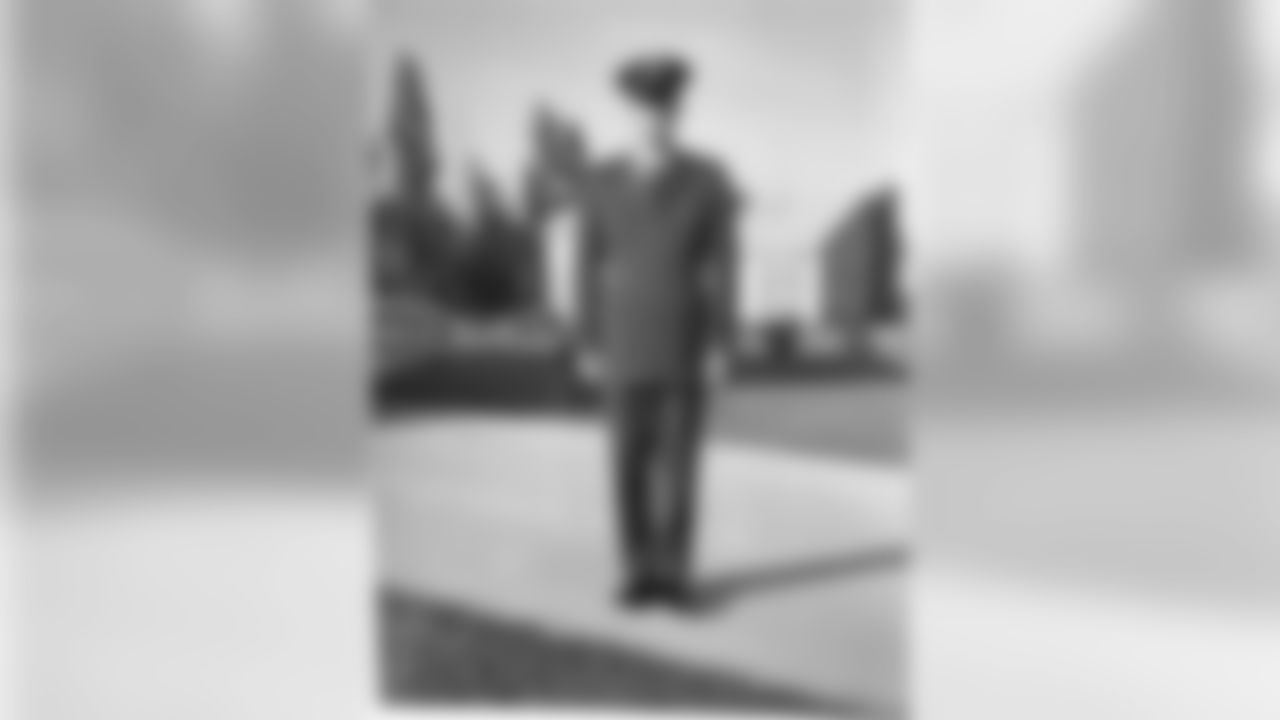
Ben Danielson was raised in Kenyon, Minnesota.
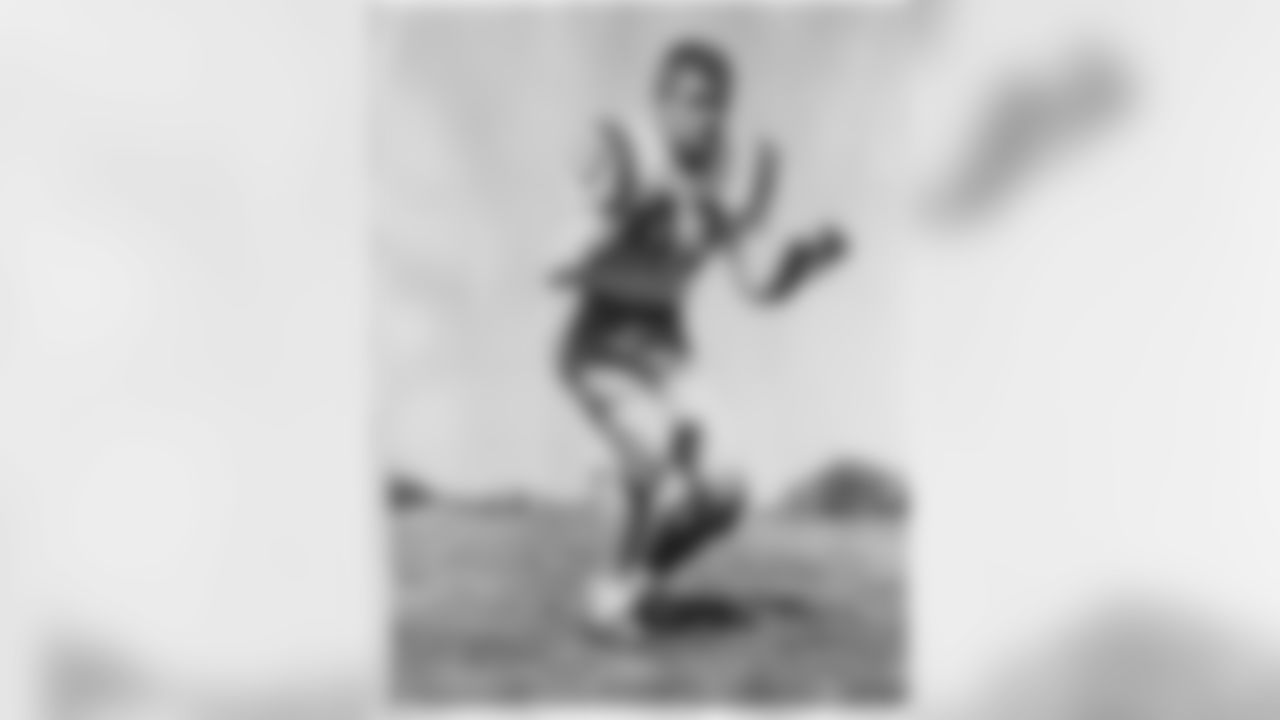
Danielson played football at St. Olaf College in Northfield, Minnesota.
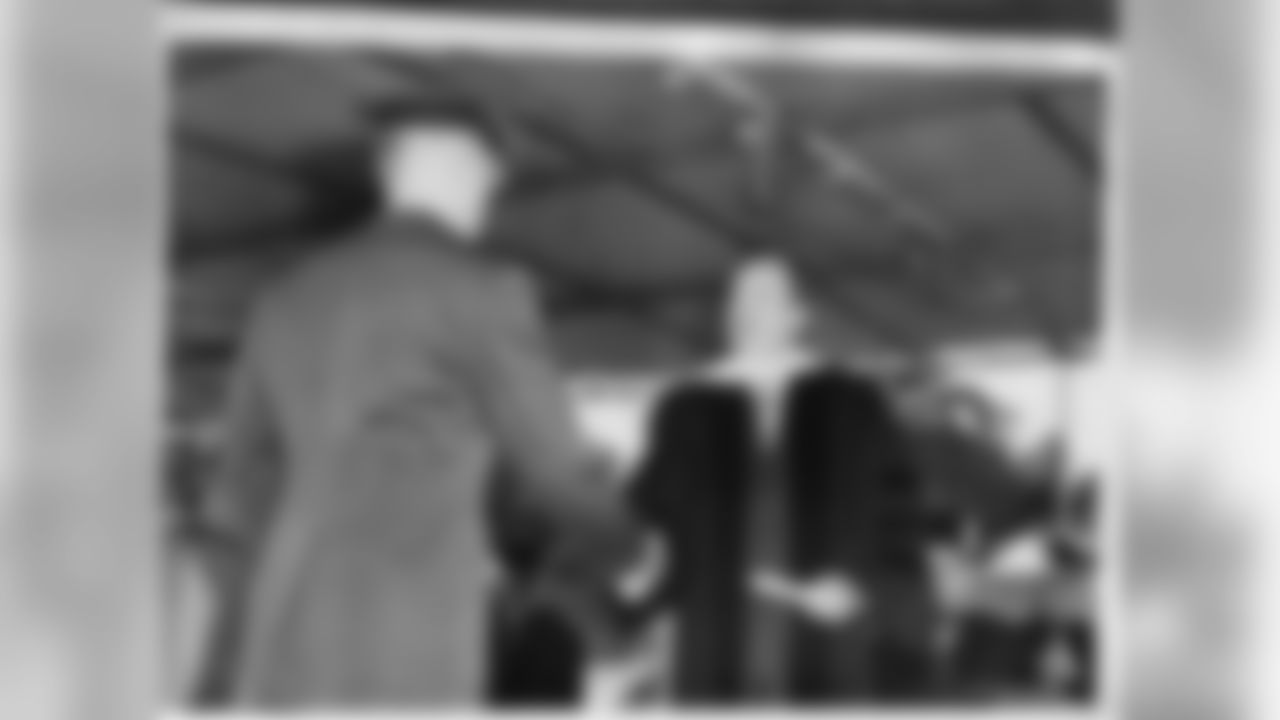
While also attending St. Olaf, Danielson was in the Air Force ROTC and was presented his diploma and commission from U.S. Sen. Hubert Humphrey.
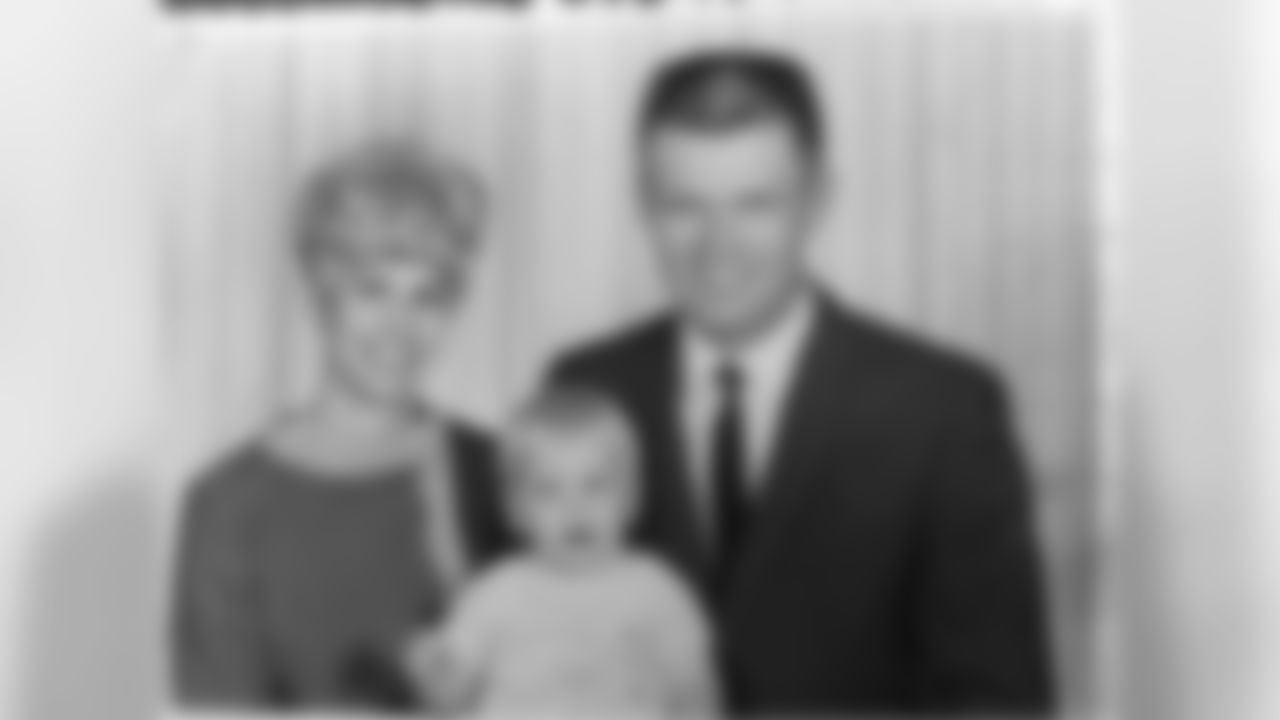
Upon completion of college, Danielson married his high school sweetheart, Mary Gates, and they had their first and only child, Brian.

After completing flight training, Capt. Danielson was assigned to fly the F-4 Phantom as a fighter pilot. He left for Cam Rahn Air Base, Vietnam for a one-year tour of duty.
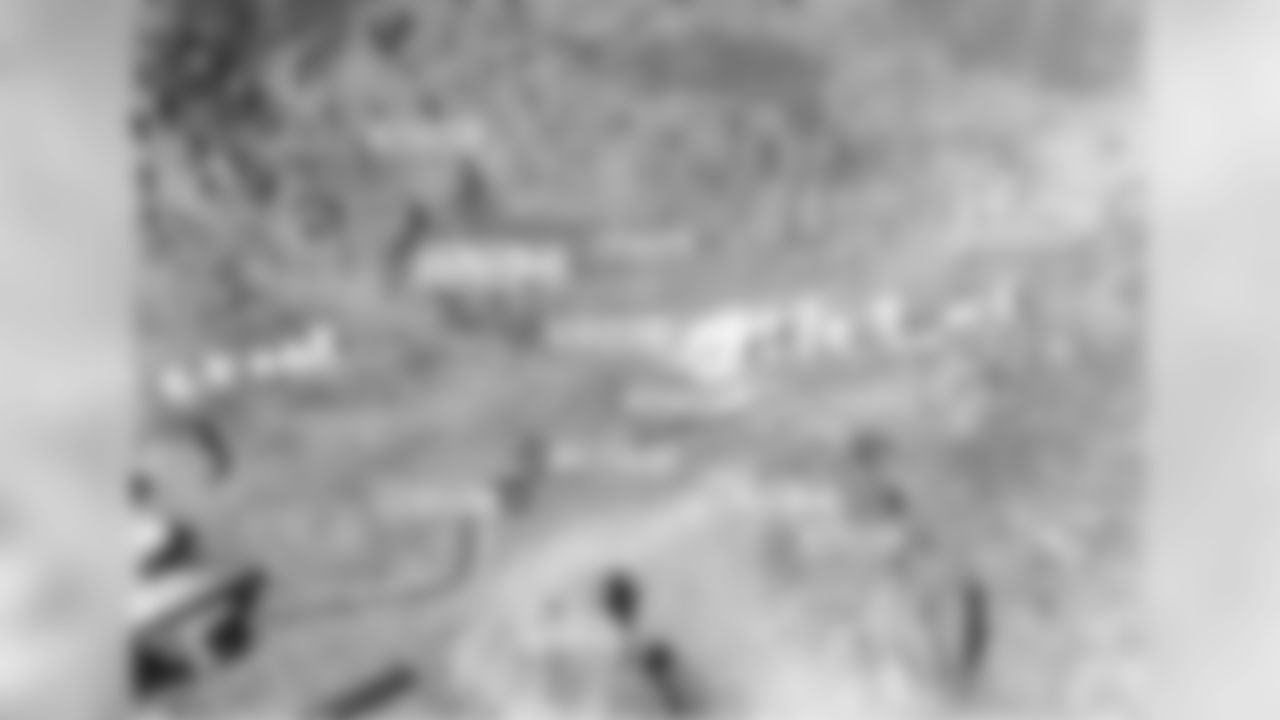
On Dec. 5, 1969, Captain Danielson was shot down over Laos during a combat mission. He was seen and heard on the ground and commenced with the effort to rescue himself as well as his back seater, 1st Lt. Woody Bergeron.
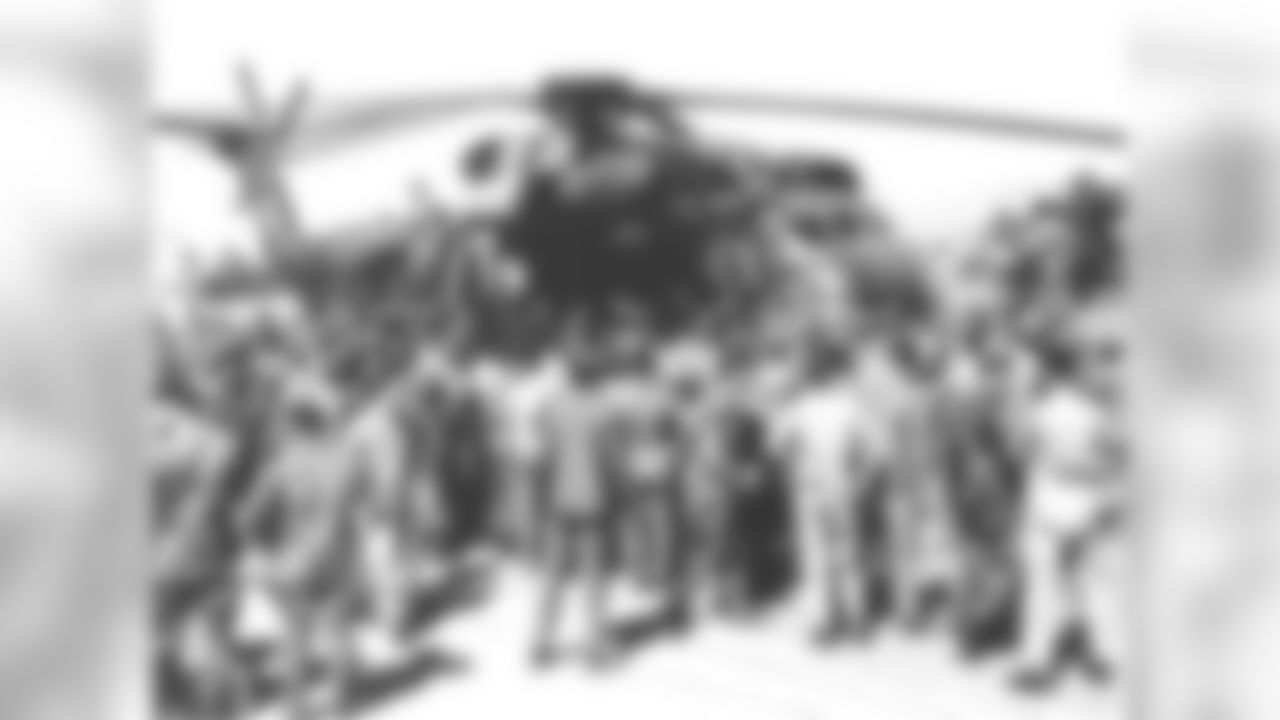
The subsequent search and rescue effort for "Boxer 22" (Capt. Danielson's call sign) was one of the largest airborne search and rescue missions in military history.

On the third day, after 15 separate attempts, one of which cost the life of a pararescueman, Ben Danielson's back seater, 1st Lt. Woody Bergeron, was successfully rescued.
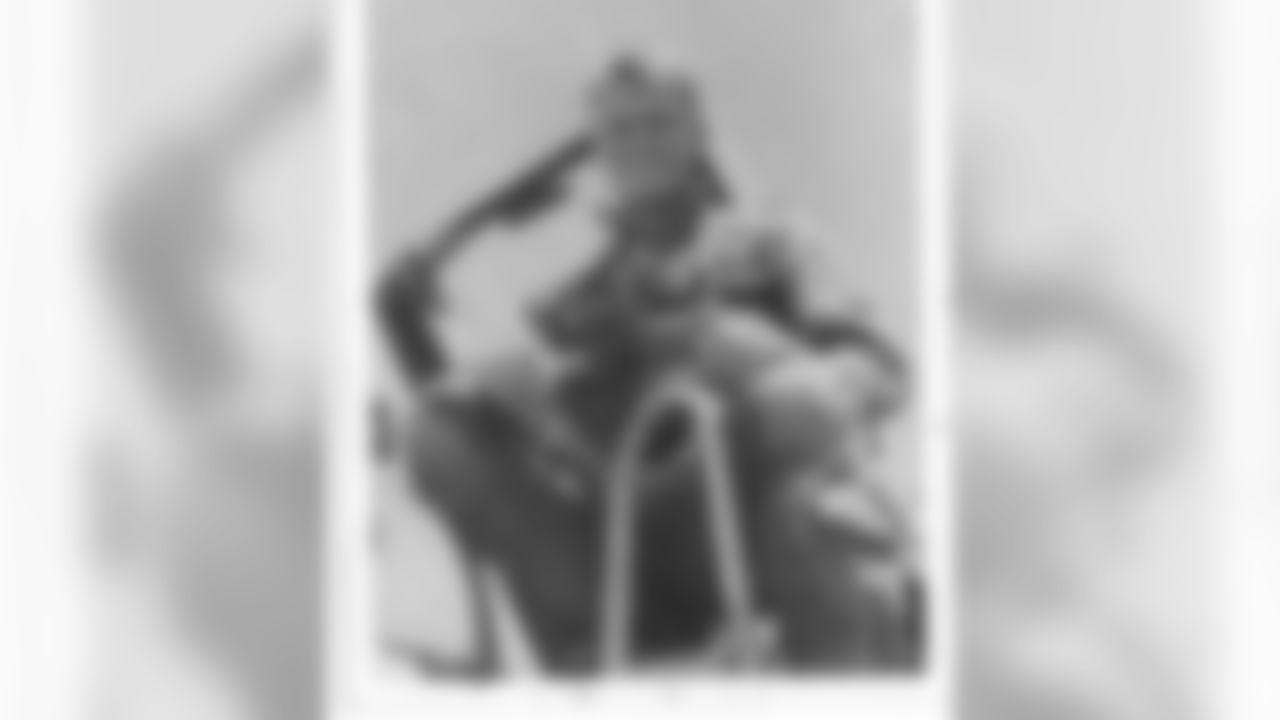
Ben Danielson was not rescued. He was classified as "last known alive" and "Missing in Action," but his family and community held out hope that someone would find what happened to him someday.

Through the efforts of many concerned supporters, organizations were created to resolve the cases of our missing men from wars. Their ethos is "Until they are home." Men and women from the Defense POW/MIA Accounting Agency still deploy around the world to resolve the fate of our missing servicemen.
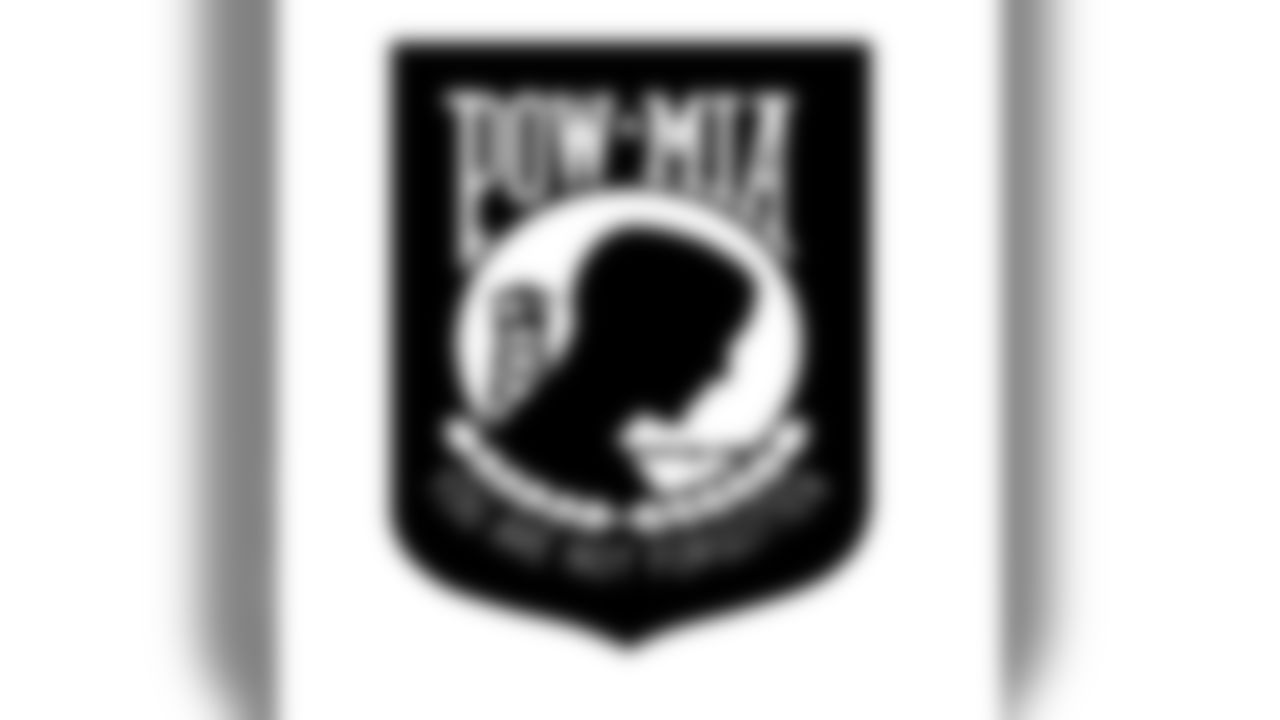
For 38 years, the family of Ben Danielson waited and wondered his fate. And the towns of Kenyon and Wanamingo held out hope and remembered his sacrifice.
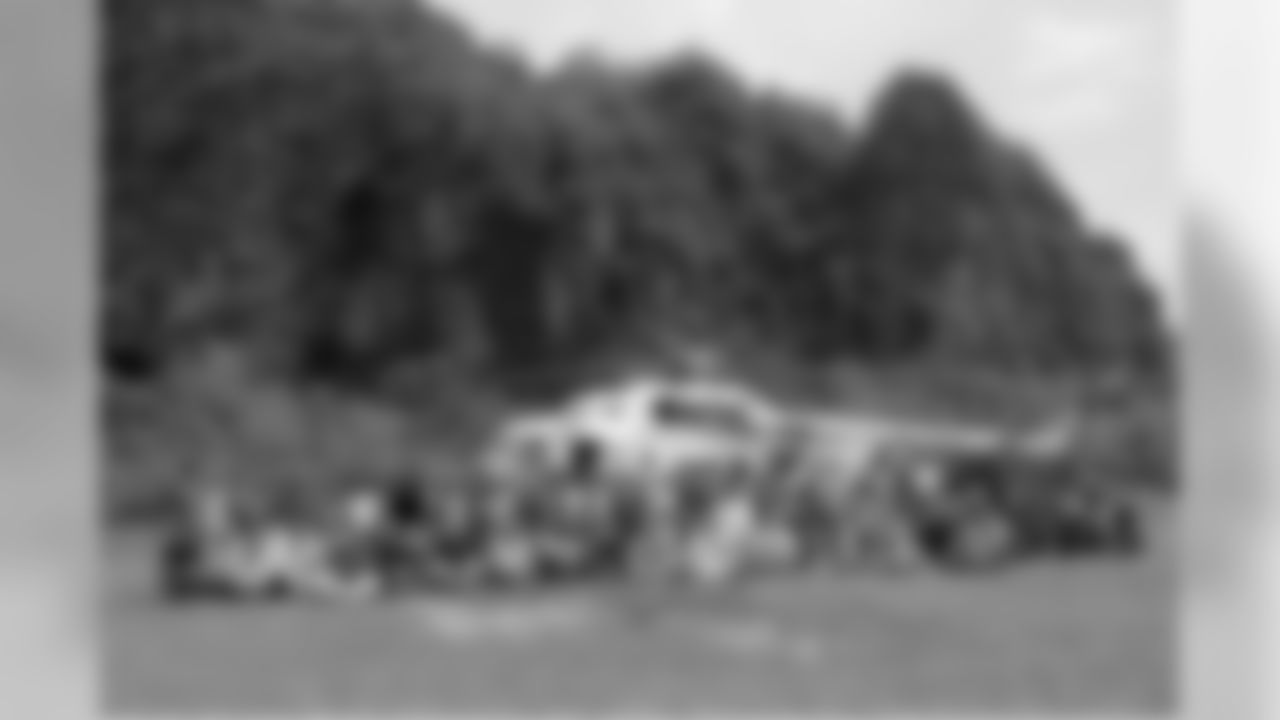
In April of 2006, Capt. Danielson's son, then Lt. Cmdr. Brian Danielson, a Naval Aviator out of Washington was allowed to attend a "dig" for Maj. Ben Danielson's remains. Some basic information was discovered about a potential grave site.
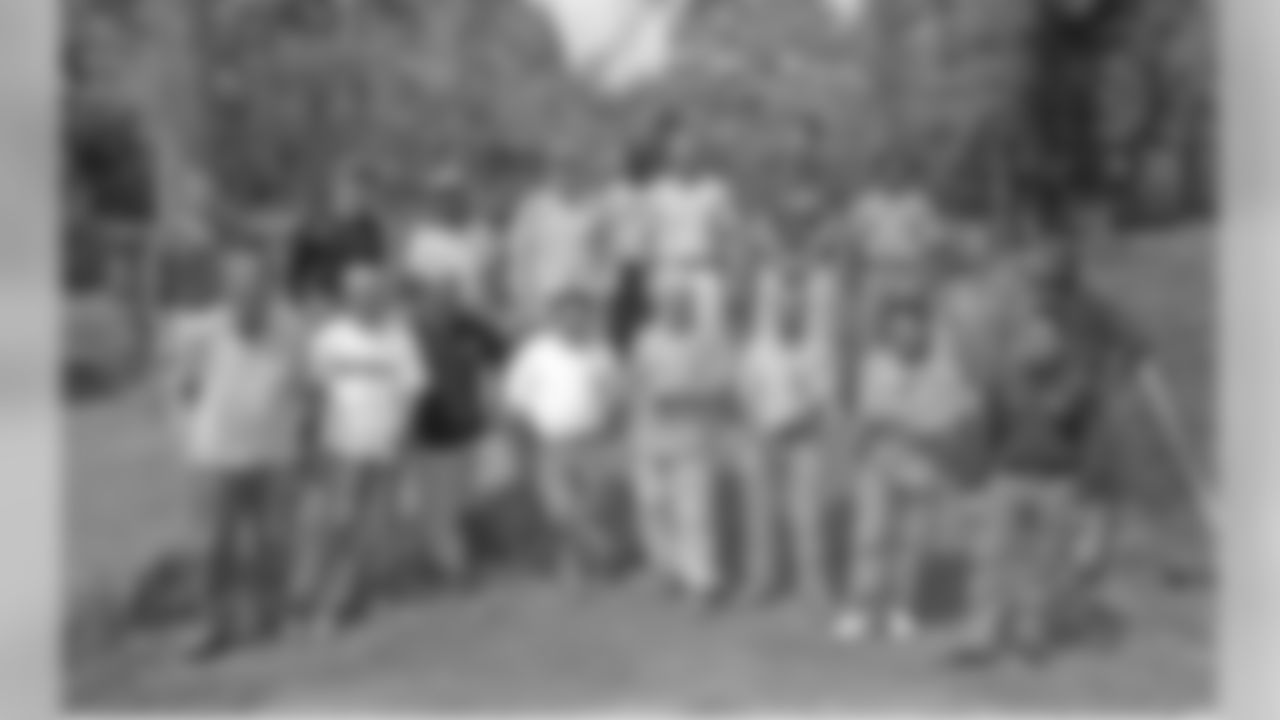
It was the first and only time a family member of an active MIA serviceman was allowed to participate in such an excavation. For 45 days, Lt. Cmdr. Danielson and 15 members from DPAA dug with their hands and searched for the remains of Ben Danielson, who was posthumously promoted to Major.
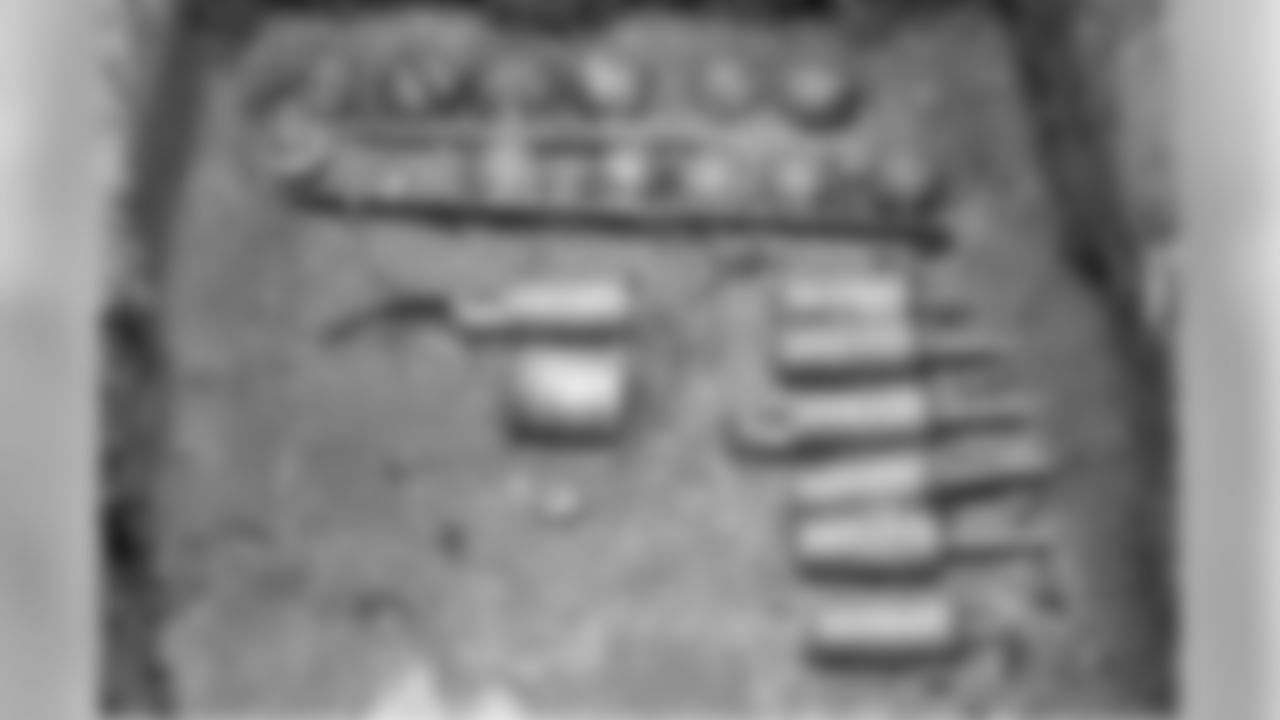
They braved unexploded bombs, and poisonous animals.

Unfortunately, nothing was found on the trip. But the team completed various humanitarian functions, made friends, and came to a mutual respect and healing from a painful time.
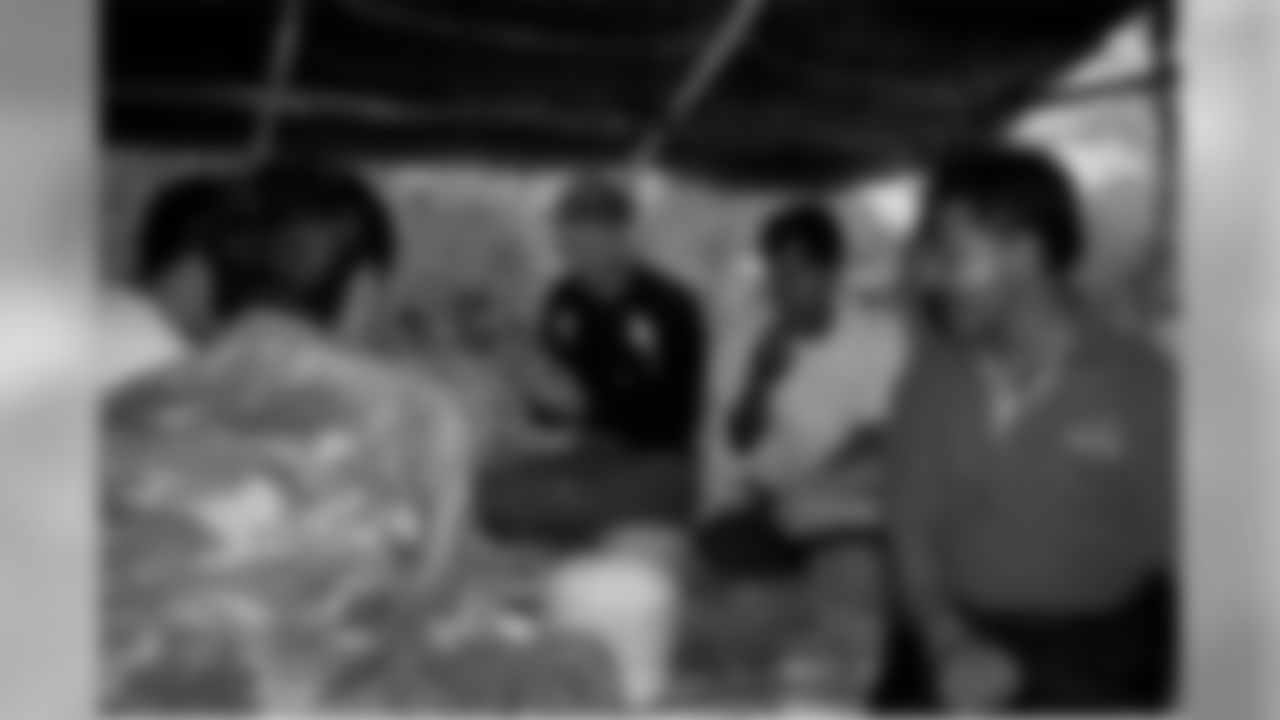

Following the trip to Laos, Lt. Cmdr. Danielson was immediately ordered to Iraq for one of seven total tours.

Upon return from his deployment, Brian Danielson was greeted with the news that a bone fragment and dog tags had been turned over to the DPAA organization. Through DNA analysis, the remains were found to match the DNA of Maj. Ben Danielson.

Maj. Danielson was brought home to the awaiting and loving arms of the family and communities that meant so much to him in a moving ceremony that has not been forgotten.

His memory is still alive through this great country and state because of the efforts of great people who never let us forget.

Attending Bud Grant's garage sale was a highlight of Brian Danielson's life! Bud, who is a Navy veteran, and Danielson "talked shop" for 30 minutes with Ben Danielson III.
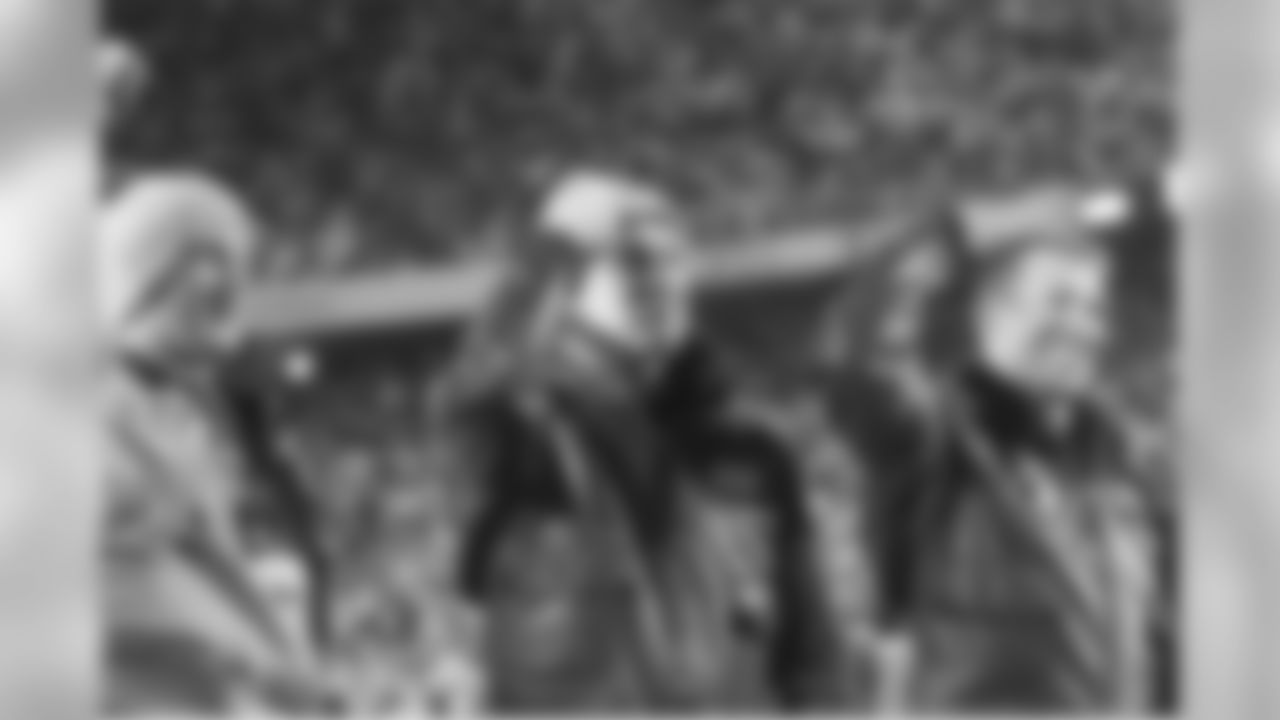
The Danielson family members are life time Vikings fans. CDR Danielson participated in the flyby for the Vikings-Packers game.

Brian Danielson credits his support for the Vikings to be one of the key aspects of his life to help him through the tough years and is thankful for the purple pride.
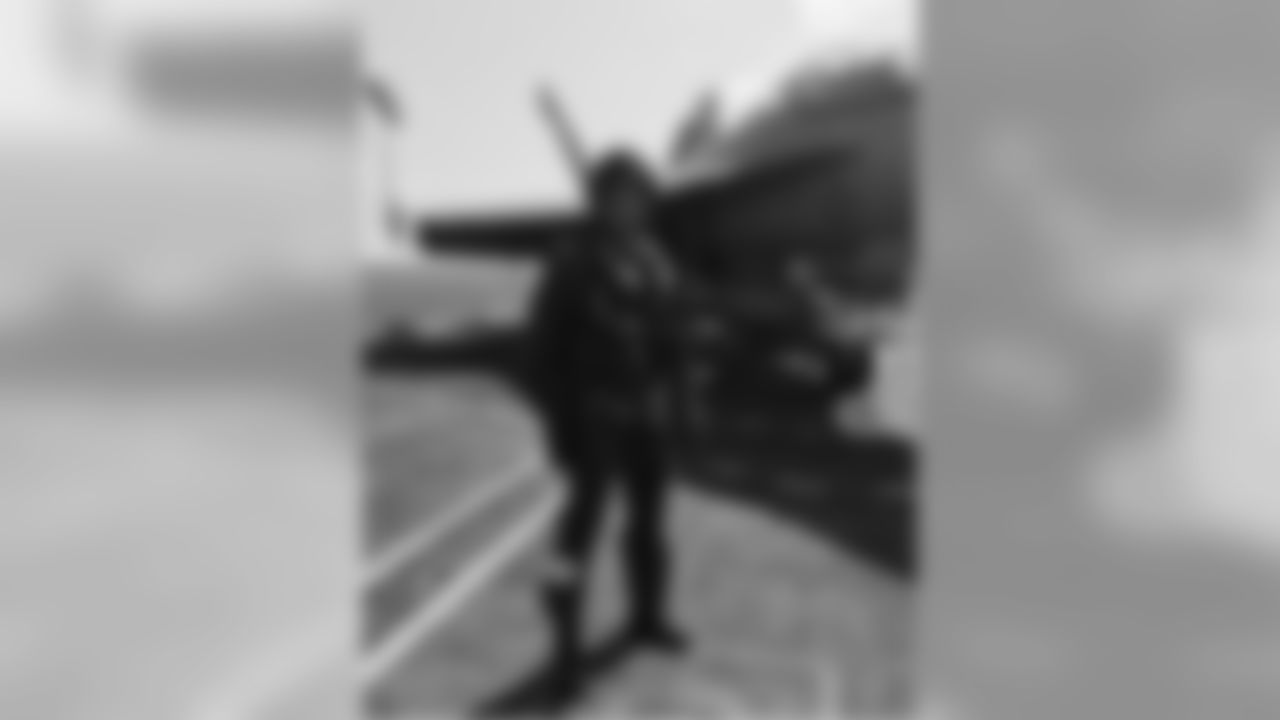
Cmdr. Brian Danielson urges others to remember those who are still missing or unaccounted for because "their sacrifice is the most hallowed of sacrifices," leaving a void that cannot be filled. The number of missing and unaccounted for totals are staggering — WWII: 73,113; Korea: 7,805; Vietnam: 1,618 — these service members are not forgotten.
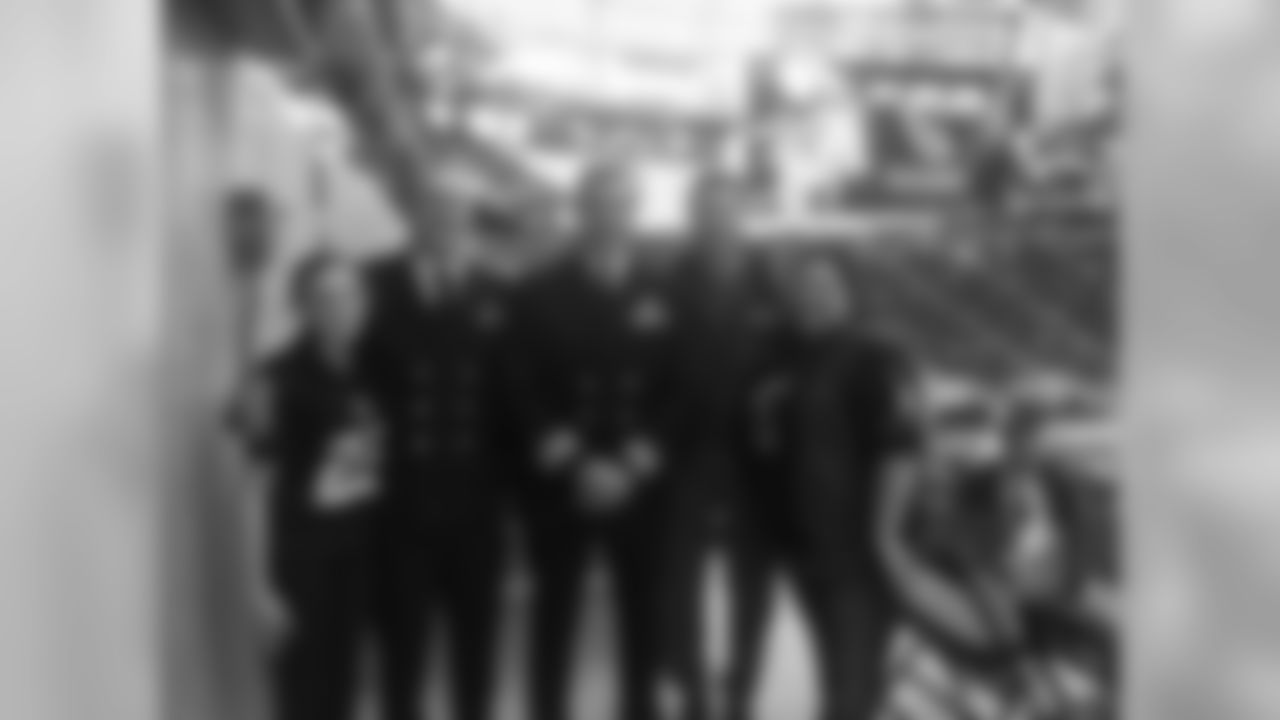
Cmdr. Brian Danielson was joined by cousins, Lt. Nick Overby and Lt. Col. Steve Watson, as well as Meshell Herrick, niece of Capt. Jim Herrick, who is unaccounted for.
Ben Danielson was listed as "last known alive" and "Missing in Action." Brian Danielson said following the Vikings during the Purple People Eaters era, and even swapping correspondence with Vikings Legends Alan Page and Wally Hilgenberg, helped him through difficult times when hopes of ever bringing home his father's remains seemed lost.
Despite knowing first-hand the stakes that go along with service and sacrifice, Brian Danielson opted to become a pilot, and he has served seven tours of duty in Iraq.
In April 2006, Danielson (then a Lt. Cmdr.) became the first family member of an active MIA serviceman to participate in an excavation effort to find the remains of his father. He joined 15 members of Defense POW/MIA Accounting Agency in the effort for 45 days. The group was unable to locate the remains on that trip but did bridge cultures and developed a mutual respect with residents in the area.
When Danielson returned from his seventh tour in September 2006, he was welcomed home by family and news that a bone fragment and dog tags had been found. A DNA test confirmed it was Maj. Danielson, providing closure after 38-plus years.
Cmdr. Danielson said some have expressed sympathy or feel sorry for all the years without his father and the waiting and aching involved during most of his life, but he doesn't see it as a sad story.
"The point for me is it should be an inspirational story," Danielson said. "For all of the things that are bad about our country: war, divisiveness, all of these types of things, my dad's story is uplifting to me because it shows the story of why you maintain hope and why you place faith in the government, why you place faith in your local communities. My community, my state, my government never gave up and always worked to get my dad home. That's a good news story."
Cmdr. Danielson, however, knows that other families are still waiting, including the family of Capt. Jim Herrick, including his niece Meshell Herrick, who was at Sunday's game. Cmdr. Danielson brought Meshell, her daughter, and his own cousins, "Lt. Nick Overby and Lt. Col. Steve Watson to the POW/MIA seat. Meshell, whose uncle was shot down a month before Ben Danielson, attended the service that was held in his honor.
Brian Danielson said the symbolism of the seat is strong because it represents a continuing effort to bring all the missing home.
"It's about the families that still wait, in my opinion, because I'm sitting there as someone who has had my family member returned," Cmdr. Danielson said. "I know what it's like to wait and to not now and the pain that goes with that, and to know that people are still engaged in activities to remember those people to make sure that they're not forgotten and to bring others home is more important to me now than it was before.
"It has a very large meaning. This is why I'm more emboldened to tell my story, because people are starting to forget or not realize the importance of the POW/MIA flag and honoring that flag," he added. "I'll take any chance I can to educate people on why it's so important because it talks about the value that we place on human life. We are the only country in the world that does these things, that goes back to battlefields to find and identify our dead and bring them home. That's a very important distinction. The adversaries that we're engaged with in Iraq and Afghanistan don't have that type of care of human life."
Cmdr. Danielson said some service members are deployed around the world for more than 180 days a year to help locate and return service members.
"That's a very powerful statement about the character of our country," Cmdr. Danielson said.








